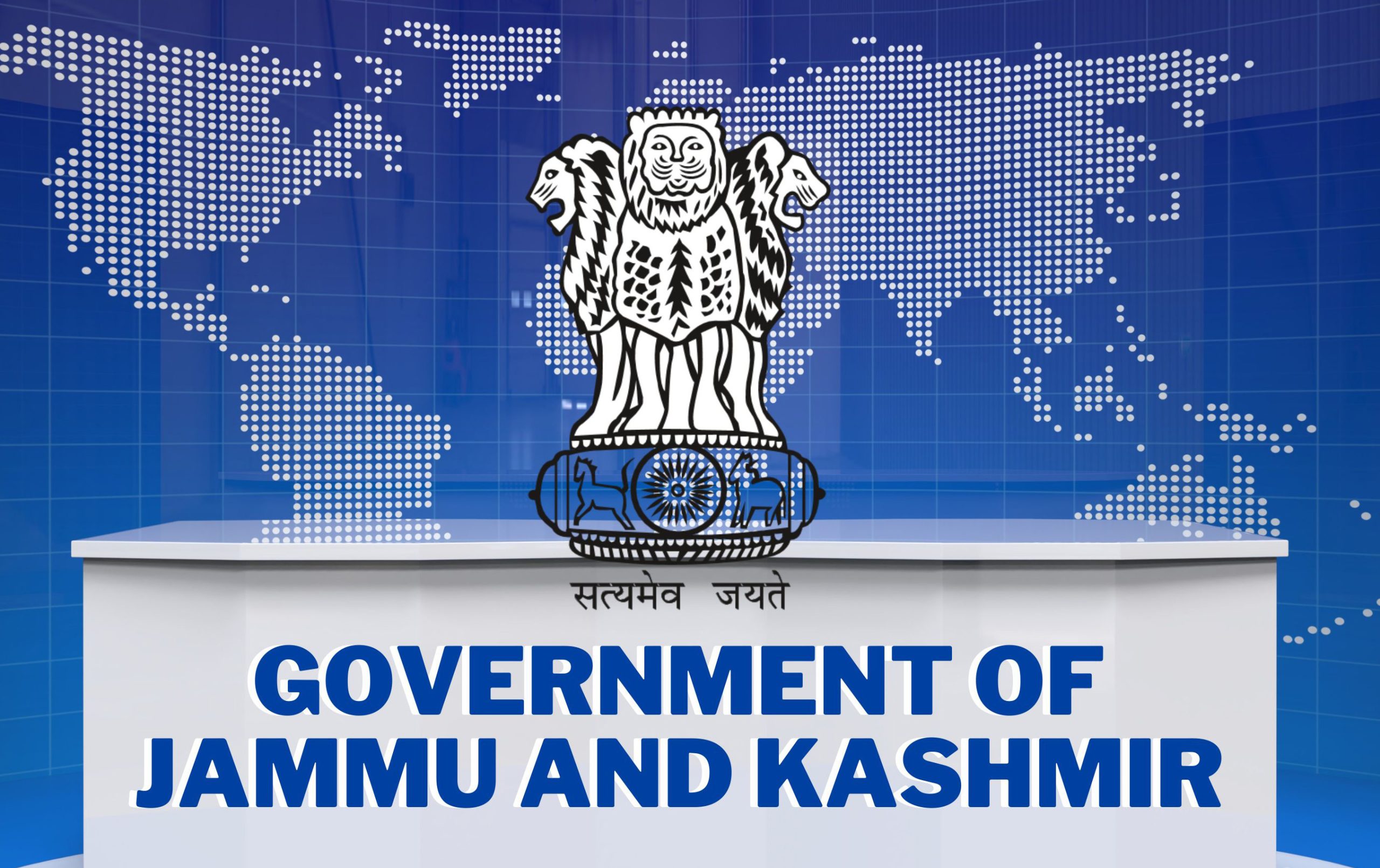Thrust laid on regular training of officers in handling matters
Mohinder Verma
JAMMU, Sept 5: Government of Union Territory of Jammu and Kashmir has fixed timeline of nine months for disposal of Regular Departmental Actions (RDAs) and 30 days for the conclusion of Preliminary Enquiry (PE). Moreover, thrust has been laid on regular training of officers so that expertise is generated to handle these matters in most effective manner.
Official sources told EXCELSIOR that in a meeting held few days back to finalize the arrangements for “BhrashtacharMukt J&K”, the Additional Chief Secretary, Home Department made a mention of the Regular Departmental Actions that have remained pending for a long period of time and stressed that there should be a focused approach to resolve RDAs in a time bound manner in due diligence to the established procedure.
“The delay in disposal of RDAs needs to be intensively monitored at all levels and General Administration Department has to play a proactive role to ensure that RDAs are disposed of in a time bound manner”, sources said quoting the observations made in the meeting, adding “while taking note of suggestion of Additional Chief Secretary Home a mention was made about the launch of RDA portal by the General Administration Department recently which has features to track the disposal of RDAs and generate alerts wherever delay has occurred”.
Accordingly, Chief Secretary Dr Arun Kumar Mehta, who was chairing the meeting, directed that while the RDAs are to be disposed of in a period of nine months, an attempt should be made that Preliminary Enquiry (PE) in such cases is concluded preferably within a period of one month.
The Additional Chief Secretary, Jal Shakti Department mentioned about various lacunas in implementation of RDAs like drafting of charges etc and suggested that regular training of officers should be undertaken so that expertise is generated to dispose of the RDAs, sources informed.
As per the guidelines regarding the RDAs laid down by the Government, the Investigating Agencies like Anti Corruption Bureau and Crime Branch, in many cases, recommend Regular Departmental Action against delinquent public servant(s) pursuant to which the departments are required to initiate departmental proceedings, in accordance with the procedures laid down in Rule 33 of J&K Civil Services (Classification, Control & Appeal) Rules, 1956, and conclude the same in a time bound manner.
On the basis of the inputs received from the Investigating Agencies, the matter should be critically examined to determine as to whether a case for initiation of departmental proceedings is made out or not. If need arises, clarifications/more inputs should be obtained from the Investigating Agency/GAD (Vigilance). However, if there are any facts which require taking a different view, the case should be referred back to the Investigating Agency, along with the facts, within four weeks of the receipt of the recommendations, read the guidelines.
After the department arrives at a conclusion for initiation of departmental proceedings, Articles of Charge should be framed and served upon the delinquent officer/official, through an Office Memo along with the Statement of Imputation, Gist of Evidences and the details of documents on the basis of which charges have been framed. In the Office Memo, fixed time frame is required to be prescribed to the officer/official to file his/her replies.
“Adequate opportunity should be given to the charged officer/official to present his/her case in person or through an advocate and should be given access to all records/documents related to the case and provide the same if so requested”, the guidelines said, adding after arriving at a conclusion that such an inquiry is actually required, an Inquiry Officer should be appointed, with the approval of the Competent Authority, who should be given fixed time frame to complete the inquiry and submit the report. A Presenting Officer should also be appointed who would present the case, on behalf of the Government, before the Inquiry Officer.
The report of the Inquiry Officer should then be analyzed and examined carefully to arrive at a decision about either the exoneration of officer/official from the charges or penalty to be imposed in accordance with the rules with the approval of the Competent Authority, the guidelines further said.
It has been clarified that that criminal proceedings and departmental proceedings can be held simultaneously except in cases where the court has specifically restrained the Government from undertaking departmental proceedings. In all such criminal cases where the criminal proceedings have been initiated and the alleged criminal act amounts to act(s) of misconduct and, as such, attracts the provisions of Jammu and Kashmir Civil Services (Classification, Control and Appeal) Rules, 1956, the department shall take recourse and strictly adhere to the rules, procedures and guidelines, and institute a departmental enquiry in all such cases.
Trending Now
E-Paper


